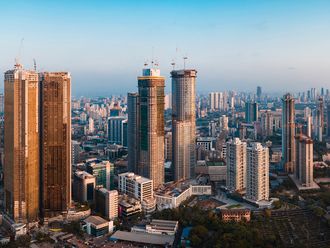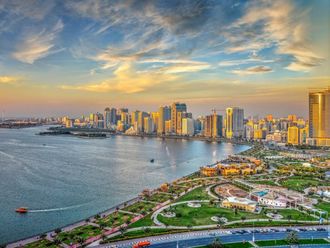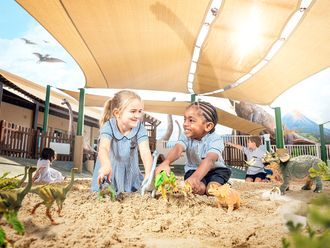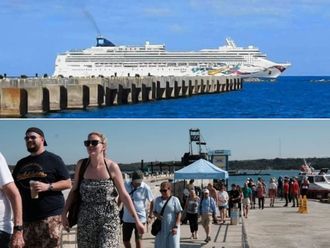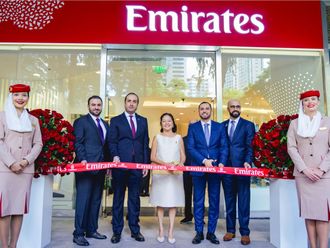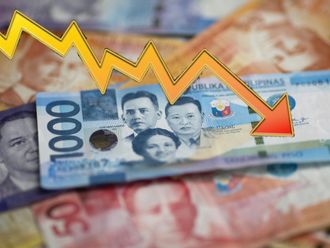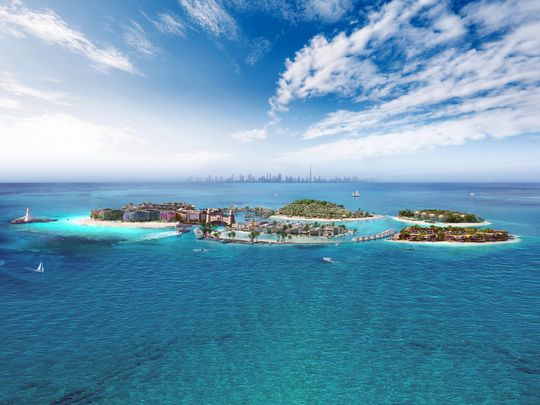
Last week, Maaz Jethwa, one of Dubai’s youngest brokers at 27 years, closed a great deal at Dubai’s District One. Jethwa sold a Mediterranean villa in the well-planned community that has the largest man-made lagoon to British world-champion boxer Amir Khan, who has been a regular visitor to Dubai in the last 15 years. Impressed with Dubai’s hospitality and safety standards, Amir and his family settled for the holiday home in the luxury community in the Mohammed Bin Rashin Al Maktoum City.
The UAE, with its swift virus-control measures, is now a safe haven for many people around the world who want to come and invest in property here. The multiple visa programmes, lower interest rates and increase in the loan-to-value ratios for first-time property buyers have only increased the appetite for investors. Jethwa agrees that despite the pandemic, the luxury real estate sector has seen a brilliant demand this year. In District One alone the overall sale prices for villas have appreciated by 25 per cent compared to 2019-2018. The rent values have also appreciated due to higher demand and shortage of supply, he says.
Prime demand
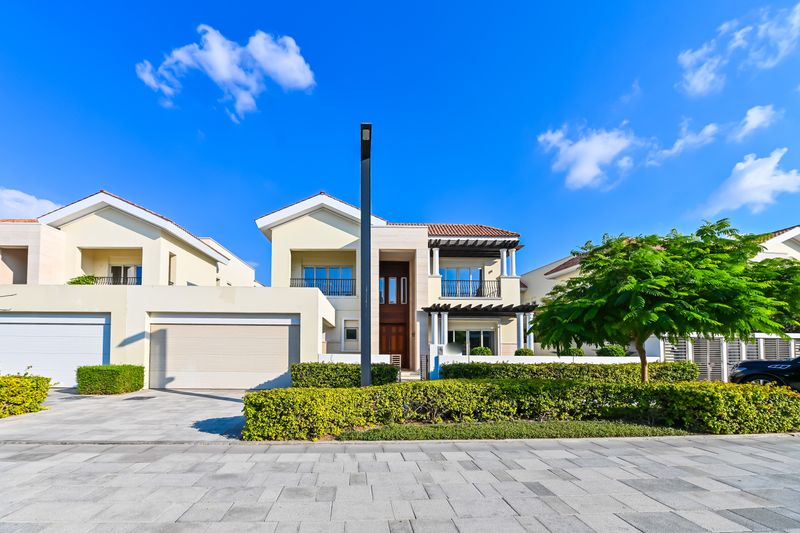
Andrew Cummings, co-founder and managing director of luxuryproperty.com agrees with Jethwa. “In District One, the crystal lagoon and its sandy beach has helped convince buyers that this contemporary community can offer more than just a prime location. The waterfront trend has also continued with very significant activity at other waterfront communities such as the prestigious Jumeirah Bay Islands, where land plots have sold for up to Dh35 million and La Mer where one buyer purchased a giant multiple beachfront plot for nearly Dh200 million. Meraas’s highly exclusive Marsa Al Arab project, made up of just none unique villas also sold out with prices as high as Dh48 million. Traditional prime communities have also fared well with Emirates Hills recording villa sales prices of Dh69 million in January, followed by a Dh40 million sale in November. Meanwhile other family communities such as Al Barari and Jumeirah Golf Estates have seen villas get snapped up leaving buyers coming to the realisation that speed matters in the 2020 market,” he says.
Recent third quarter figures from the Dubai Land Department have underlined the buoyant prime residential market for investors. More than 2,297 apartments and 438 villas were transacted during Q3 in the Dubai prime residential market, marking a 24 per cent increase in the overall number of units sold quarter-on-quarter. The total volume of transactions in the prime residential market climbed 49 per cent quarter on quarter to $2bn in Q3, compared to $1.36bn in Q2 this year.
According to John Stevens, managing director, Asteco Property Management, “Residential property supply in Dubai will remain strong this year and the next, but handovers will slow down from 2022 onwards as new project launches have dropped significantly in the last couple of years. So while in the short to medium term this influx of supply will continue to put pressure on prices and rents, there are a range of measures which have been implemented and will contribute to the strong fundamental offering of the UAE’s property market.”
Demand drivers
New visa programmes, such as the five-year renewable retirement visa programme, or the virtual visa which allows remote working professional from all over the world to relocate to Dubai with their families, the virtual company license - a regulated e-commerce platform by local companies which allows access to global businesses - and concepts such as co-working and co-living space, student housing and sustainable developments have created investment opportunities in the UAE real estate market.
Edward Macura, Partner at CORE, says that the UAE government has been very proactive and agile in navigating through the ongoing situation with unprecedented fiscal stimulus measures and policy reforms deployed to soften the impact of the virus on businesses while maintaining the highest standards of public health measures to curtail the spread of Covid-19. He also says that “while oversupply concerns remain, it is important to note the realization rates have dropped drastically over 2020, with around 32,500 units expected to be delivered this year compared to our conservative initial forecasts of 49,000.”
Stevens says that the softening of the market comes as no surprise as prices have declined for a continuous six years now. “The global pandemic has only accelerated pre-existing trends,” he reiterates.
Other emerging trends in the market, Stevens says, include useable work space in private homes, buildings and communities in the form of private home offices, advanced or smart technology (such as connectivity, automation, artificial intelligence), larger units with proportionate, useable outdoor space (such as balconies, terraces and gardens) and preference for lower density properties, enhanced property standards, mixed-use developments and digital adaptation.
Secondary market
Talking about the secondary market gaining momentum, Macura says, “In the second half of 2020, secondary market transaction volumes performed relatively well due to the release of pent up demand built over the second quarter. The off-plan market activity is facing an interim lag as buyers prefer ready units to avoid further uncertainty and delays that may be expected from the off-plan market. We expect this preference for ready-built or near completion stock to continue in 2021. However, competitively priced off-plan stock from established developers with a proven track record is expected to perform relatively better in the off-plan market.”
Price rise
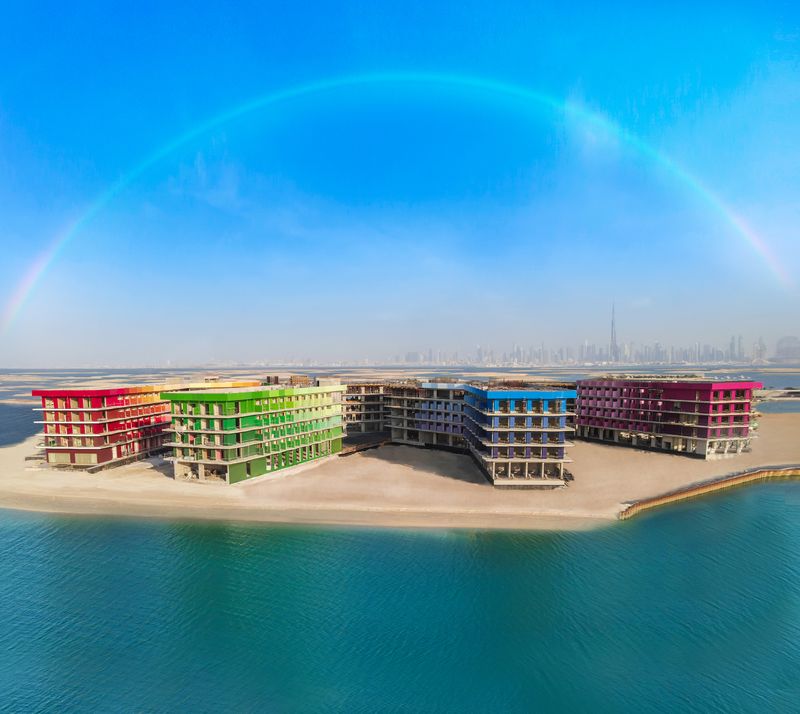
Developers of The Heart of Europe - the US$5 billion (Dh18.3 billion) prime hospitality and second-home megaproject off the coast of Dubai - have also revealed a strategic rise in the price of their properties that have drawn investors from across the globe. Josef Kleindienst, chairman of master developer Kleindienst Group, has said that the project has seen demand in the second home and hospitality segments. Its Phase 1 is getting ready for handover and all islands are now under construction.
Innovation in construction
The building and construction sector has also had to adjust to the new normal. According to Safdar Badami, managing director of the Al Muqarram Group, “Sustainable development is gaining momentum where contractors are now creating environmentally friendly and resource-efficient structures, from siting to design, construction, operation, maintenance, renovation, and deconstruction. New technologies are being used to reduce the overall impact of buildings to human health and the environment."
Innovation is now becoming a rapidly growing trend in the manufacture of building equipment and materials, says Badami. “The construction industry faces the need to provide better services and deliver sustainable, modern and safer buildings. Innovation will, therefore, continue to play a vital role in the construction sector not just in the region but globally as well.”
Badami says developers are using integrated technology like AI and Robotics to continue their construction process without interruptions while drones help onsite evaluation and detailed surveys.
Other technology developments in the real estate market include AI-based chatbots that connect agents to customers, blockchain that facilitates property transactions without involving an intermediary, big data analytics to help in generating analytics of buyers’ behavior and preferences and augmented reality that helps in digital site visits and walk through.
UAE-Israel bilateral relations
And finally with the recently signed peace treaty between the UAE and Israel, experts are hopeful bilateral relations will improve trade, tourism and financial relations, boost market sentiment and attract real estate investment from a previously untapped market.




